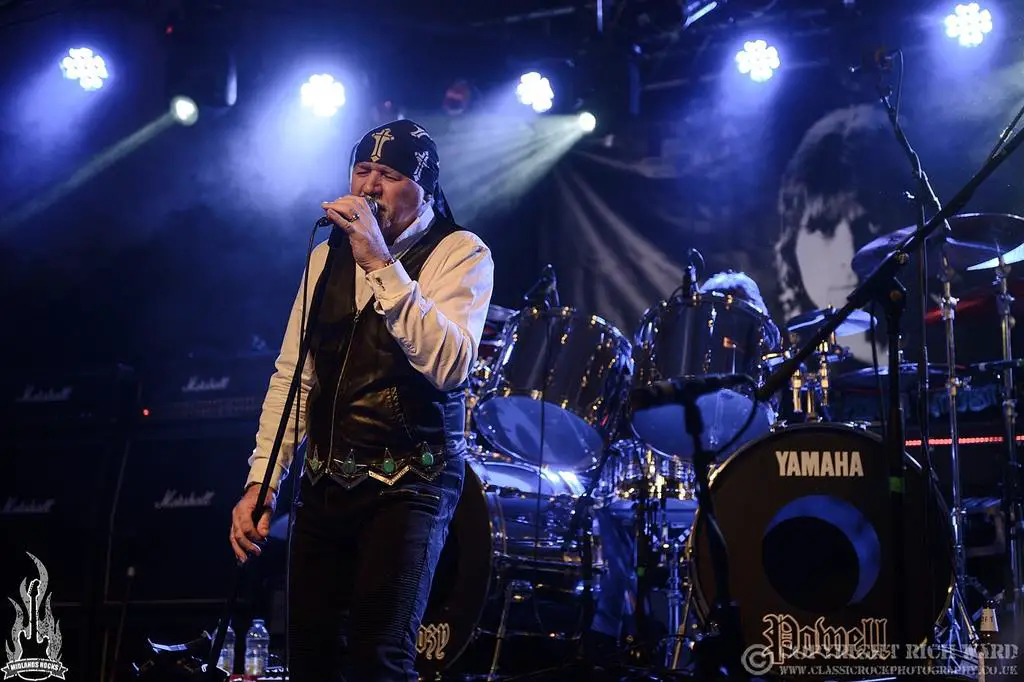
Feature image credit: Richard Ward/All images courtesy of Michael Brandvold Marketing
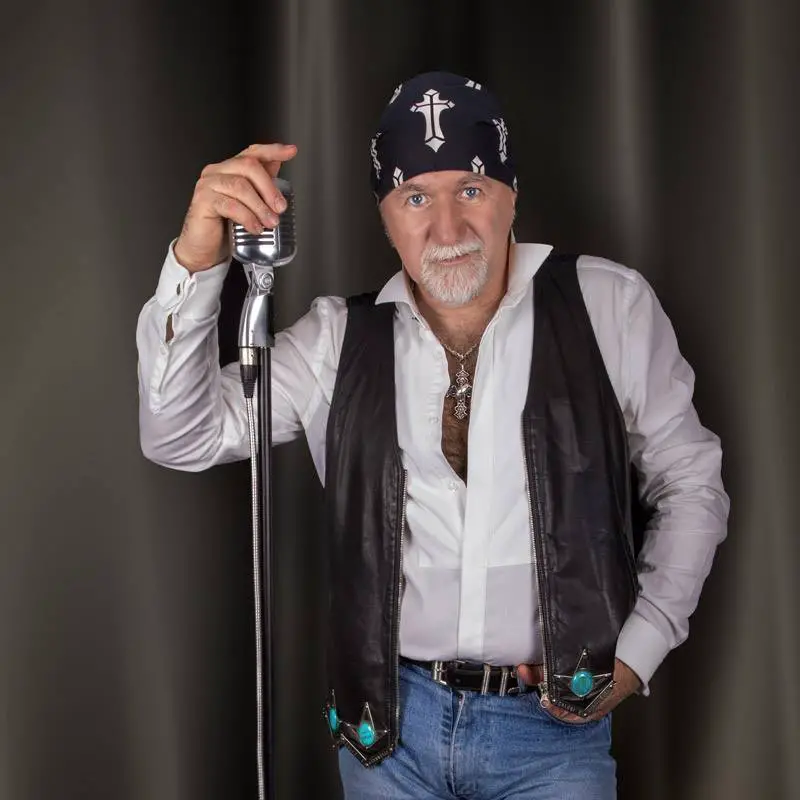
As the 70s broke way toward the 1980s, the legacy of Metal Masters, Black Sabbath, was firmly etched in the annals of Heavy Metal lore. Still, as the decade progressed, the age of Glam, and Hair Metal proved tumultuous for the proverbial purveyors of all things dark and sinister.
After the loss of founding member, Ozzy Osbourne, in a five-year span, Sabbath had managed to achieve career-defining highs with Ronnie James Dio at the helm for albums, Heaven And Hell, and Mob Rules, followed by an unfair, and unfortunate bottoming out with the Ian Gillan led Born Again.
As the decade careened toward its middle point, and after another failed marriage, this time with singer, Glenn Hughes at the helm for Seventh Star, the remaining members of Black Sabbath had become painfully aware that a stabilizing force was required to move forward, and in frontman, Tony Martin, Sabbath found just that.
Martin’s impact was nothing short of immediate, and retrospectively, Black Sabbath’s five albums recorded during his time fronting the band (The Eternal Idol, Headless Cross, Tyr, Cross Purposes, and Forbidden), are looked back upon as excellent and at times, magnificent efforts, recorded in the face of a consistently challenging, and shifting music scene.
With Martin at the helm, Black Sabbath never buckled, never waivered, and steadily drew big crowds for their outstanding live shows, which saw an ever-shifting lineup handle classic tracks both new, and old.
Outside of Black Sabbath, Tony Martin has had a long, and varied career, which has seen him lend his booming, and distinctive voice to dozens, upon dozens of recordings, the most recent of which is his new solo effort, Thorns, which you can grab a copy of here via Dark Star Records.
Throughout Heavy Metal and Hard Rock history, there have been a great many frontmen, but few have done the job with the level of consistency, and integrity as Tony Martin. The same calming presence which allowed Martin to ably guide perhaps the most stalwart band in Metal history (Black Sabbath) for over a decade, through its most difficult, and turbulent era, is also what’s allowed Martin to consistently deliver outside of the Sabbath spectrum as well.
In addition to Tony Martin’s new album, Thorns, keep an eye out for the recently announced reissues of Martin’s 80s and 90s Sabbath-era records via boxset. Further details on that are to follow, but in the meantime, keep tabs on Tony Martin’s official Facebook page for all the latest news, and more.
Andrew:
As a burgeoning musician, what were some of your early leanings which influenced your style as you moved forward?
Tony:
Well, I was given a guitar when I was seven years old, and back then, I was limited to the most narrow of tunes. Mostly stuff my father knew but within a couple of years, I was getting curious, and it was by then toward the end of the 1960s, so bands like the Mama’s & The Papa’s and all that kind of thing became the first thing I noticed. The harmonies in songs like “Monday Monday” just fascinated me but then, 1971 hit, and the musical world exploded! Everything happened to me in 1971. So many bands came out of England of every kind, and I was listening to ALL of it! I had gone through every kind of childhood and teenage possibility from Reggae to Rock but Rock completely trapped my attention. I was into Atomic Rooster, and then It got technical; King Crimson, Yes, Jethro Tull. And then, it was just a case of learning, listening, and exploring.
Andrew:
While you’re primarily known as a vocalist, many don’t realize that you’re a proficient guitarist, bassist, drummer, and violinist. What led you to focus on vocals in the end?
Tony:
I went to an audition for a local band in the early 80s and I took my guitar but they said, “You won’t need that.” I managed to get them to let me play on a song but they said, “Nope, you can sing.” I’m still not sure if it was because I was a good singer or a shit guitar player. [Laughs].
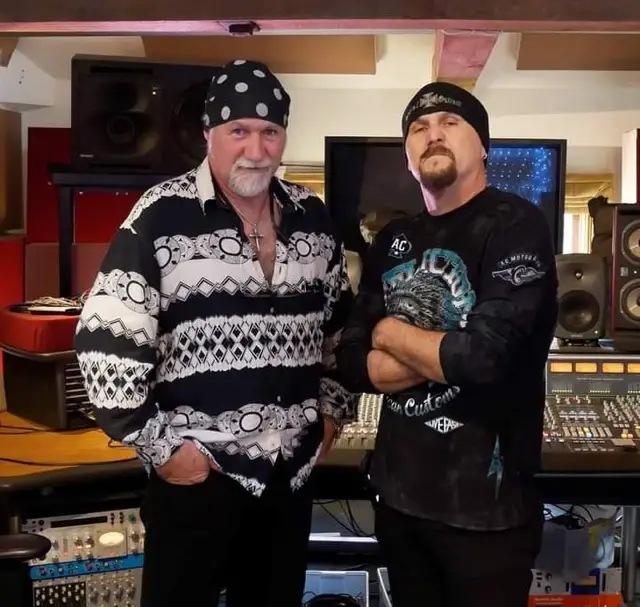
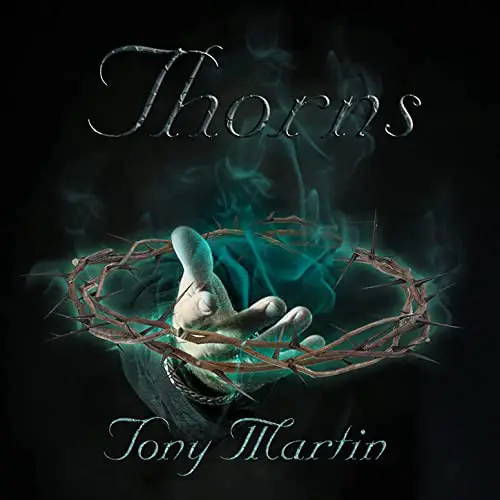
Andrew:
You’ve got a new solo record out called Thorns. Take me through the writing and recording of the record. After all these years, how do you feel you’ve progressed as a songwriter from your earlier days?
Tony:
I had already started the album a few years earlier, and it was going to be called Book Of Souls. I was going to pursue that epic unplugged feature with choirs and that kind of thing. Then, I came across Scott McClellan, or he came across me on Facebook. He sent me tons of guitar riffs, and I mean tons. So, I approached him and asked if he was interested in me singing something on it. At that point, Scott didn’t really know me, and I told him the deal was, “It can only be done if I can make it sound Tony martin,” and he said, “Sure thing.”
So, I went into it the way I usually do; by cutting it up and putting stuff where I need it for me to be able to sing. The first song was “As The World Burns,” and it worked. So, I said, “Don’t tell anyone! Not even your mother!” [Laughs]. By the time we had more songs worked out, someone else had used the name “Book Of Souls,” and so, I had to change the name, and then, the question for me was what direction to take the whole thing in. Eventually, it was clear that all of it was going to be included in the album — the previous stuff, and the ones we were working on since. It really stood out to me as an “album.” Like a proper album; a collection of “songs.” It was important to me to have that. It was and I think, it still is an education of sorts for Scott, but he is just the most appropriate partner to write with. Then, with the addition of some of my friends, and even my daughter, and son, it became Thorns.
Andrew:
Let’s go all the way back now. Before joining Black Sabbath in the 1980s, what were some of your earliest gigs where you cut your teeth? Paint a picture of your early years as an up-and-comer.
Tony:
Well, like most people, you start in local bands and do local venues playing to maybe ten people, and a dog. [Laughs]. Getting changed in the back of a van, or a beer cellar, and playing for twenty bucks to be divided between the band, and the bar. Birmingham, England had a lot of venues, and they were all responsible for the emergence of the big names that we know of today. If you were really big, you played either the Town Hall or the Odeon. I did eventually get to play these places with Sabbath, but it was only a dream when we were young.
Andrew:
Take me through your indoctrination into a revamped Black Sabbath in 1986/1987. You were first contacted the year prior to the recording of The Eternal Idol, but ultimately, initially, at least, Ray Gillen recorded the vocals. What caused the delay in you joining the band?
Tony:
They had been going through some issues with Glenn Hughes, which was the reason their manager put me on standby. I don’t know what the issues were, but Geoff Nicholls said once, “Glenn went missing and they couldn’t find him for a while.” Then, I got a call saying, “We have found him, and to stand down.” It didn’t seem too long before Ray was in there, but then he left to join Blue Murder with John Sykes, and then, I got another call. So, that period really was quite unsettled for the band.
Andrew:
What were the sessions for The Eternal Idol like? Obviously, Sabbath was in flux throughout the decade. How did those songs, and the album come together on the whole?
Tony:
It was already written by the time I got there, which was great for me because I didn’t have to struggle to try to make my own mark yet. I could use The Eternal Idol to learn what this thing was. So, I did my best with it, and it seemed to work OK, but I was given one song to sing in the first place, “The Shining,” and then sent home two days later. Then, Tony called and said, “You have the job. You have a week to record the album,” so the pressure was back on. But as I said, It was good for me, and I did what I could given the situation.
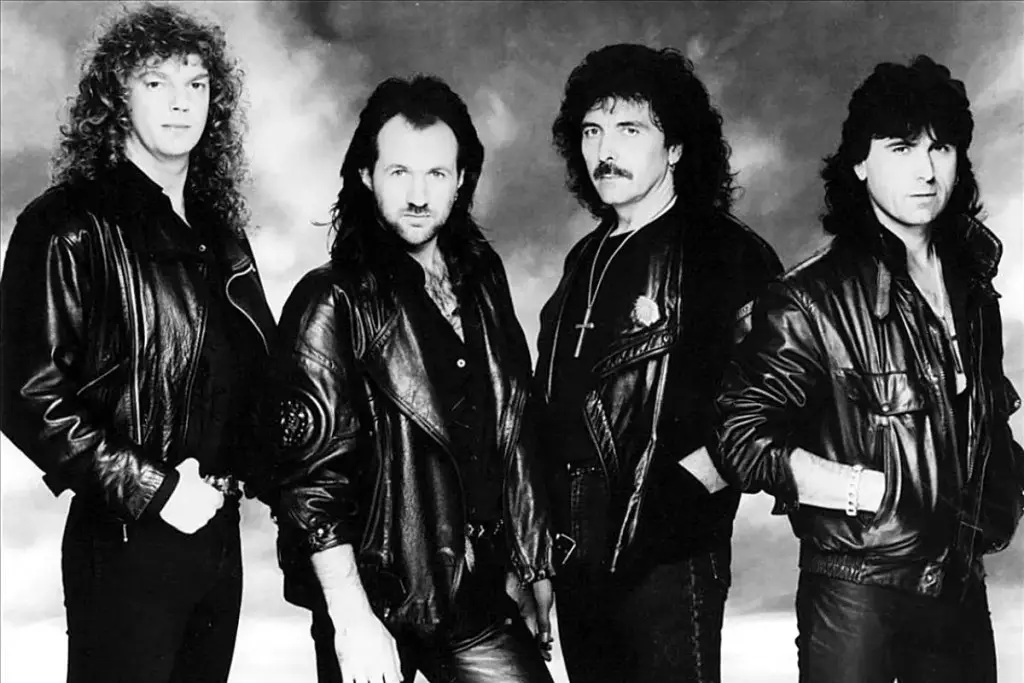
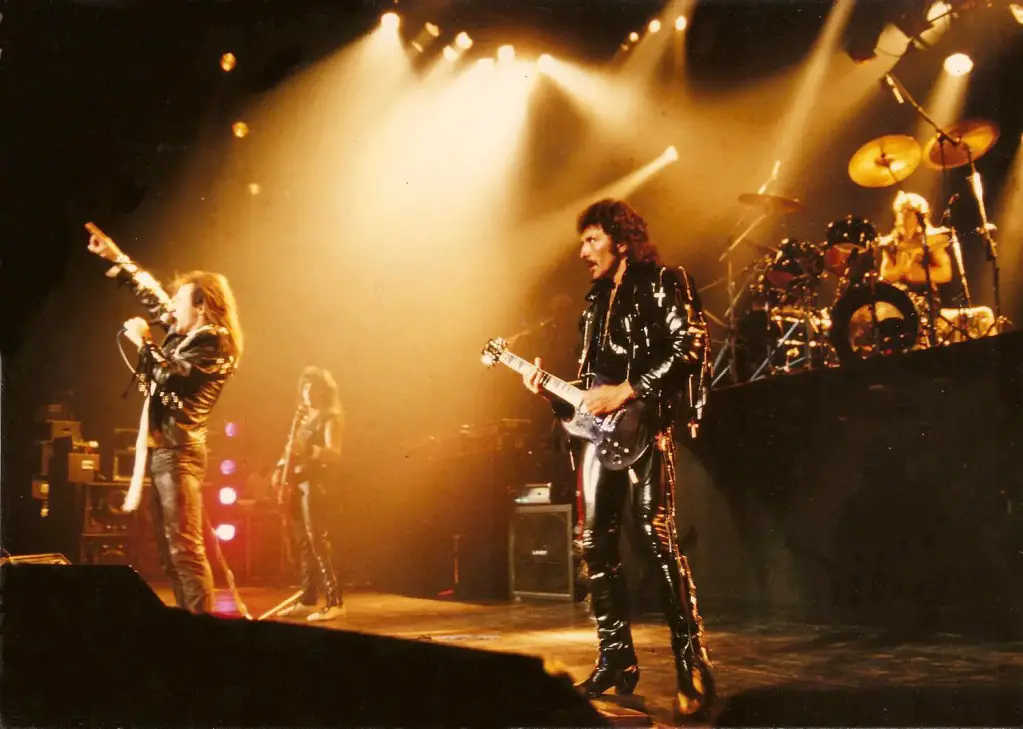
Andrew:
Paint a picture of the reception and aftermath of The Eternal Idol. What was it like on the road? How did audiences react to the revamped lineup and a new set of songs?
Tony:
I honestly can’t remember anything specific. It was somewhat of a blur. I was so scared all the time, and so concentrated on what was going on in the band, that I didn’t really see anything other than the audience response, which was always great because we were playing what the fans had expected, but the press, and the wider thing was a blur to me.
Andrew:
Your second album with Black Sabbath, Headless Cross, is truly one of the most underappreciated of the band’s career. Take us back to the writing and recording of that record.
Tony:
OK, well now, this was me. My lyrics. My melodies. My voice was starting to find its place I felt like I was part of the song-making process, and I was used to the process by this time. We had Cozy Powell with us, so things started to feel really big. It felt like people were taking an interest. So, with that, I felt good about it. The writing was done in rehearsal rooms, and then, the usual thing at that time was to record it in a recording studio. It was a good time.
Andrew:
What sort of reception did Black Sabbath face on tour for Headless Cross? Your supporting acts, Kingdom Come, and Silent Rage, really brought it as well. Looking back, what are your thoughts on that period of the band?
Tony:
Touring was starting to get big. More countries. More places I never imagined going to like Russia, which was still really the Soviet Union at that time. We went to Japan, which always fascinated me. We didn’t get to mix with the support acts much, we were treading a different path; interviews and various main band-type things, so we only really met them at the venue. And our status at the time meant we didn’t arrive at the venue until the support acts were already on stage, but it was all pretty friendly as far as I can recall. There was the odd fracas between them, but nothing that stopped the show going on.
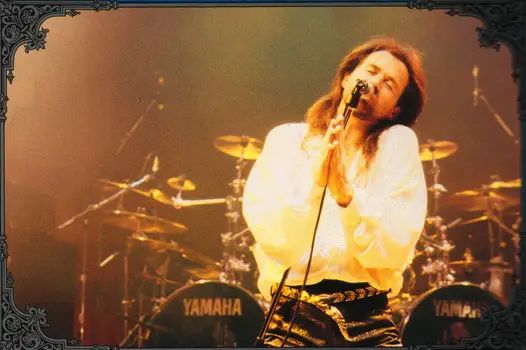
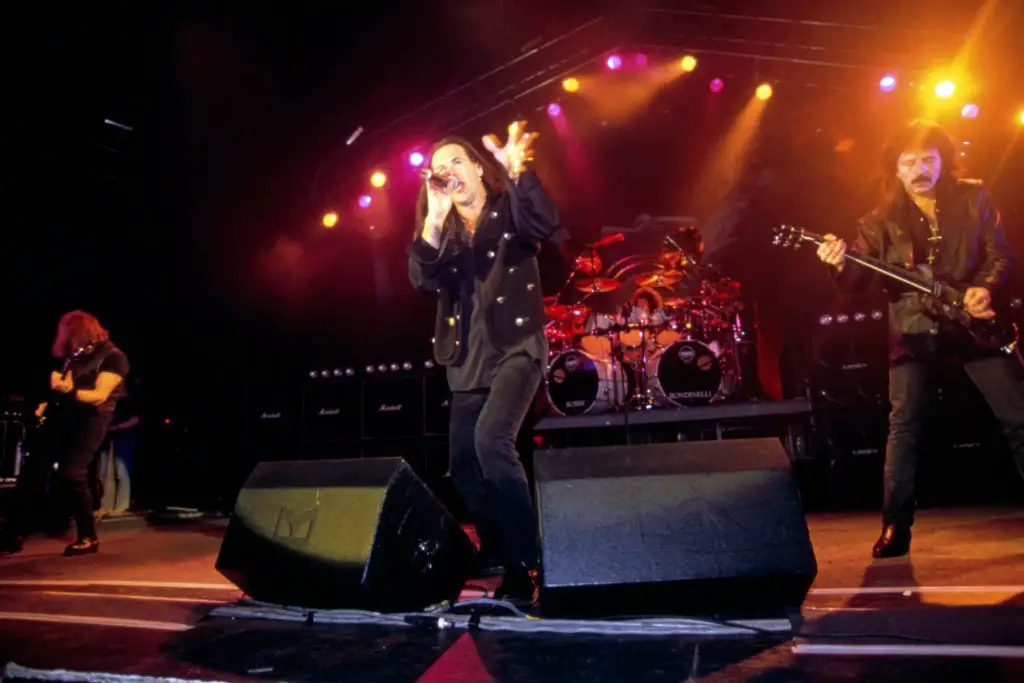
Andrew:
On the heels of a difficult touring cycle, Black Sabbath entered the 90s with another underrated gem in Tyr. The 90s was a particularly difficult time for rockers. Take us through that transitionary time in Rock history.
Tony:
We were aware that Rock music was taking on a little bit of a, shall we say, “heard it before” kind of attitude. You had garage bands, and things like that taking the limelight, but Iommi was always the same player, and he never deviated at that point. The only time he did was with Forbidden, but until then, he was determined to stay with the thing he knew best, and we followed. So, it was about having faith in what we did. We couldn’t worry about what other bands were doing.
Andrew:
Your first tenure with Black Sabbath officially ended with the return of Vinny Appice and Ronnie James Dio. What led to your departure, and did it come as a shock at the time?
Tony:
Completely! I didn’t see that coming at all. I was actually walking out the door for the next album session when the phone rang. So, yes, from there, everything went dark.
Andrew:
It’s been rumored that relations between the members of Sabbath and Dio quickly broke down again, and they called you back in relatively short order to re-record vocals for Dehumanizer. Is there any truth to that? If so, why didn’t that ultimately materialize? Do you feel that Dehumanizer would have been better served by you vocally as opposed to Ronnie?
Tony:
Oh yeah. That is true, although, I am not sure I am best placed to say if it would have been better. Lord only knows. I did give it a try, but I needed to re-write it if I was going to do it, and they didn’t have time to explore that, so I suggested they continue with Ronnie, and maybe then talk after, which is what ultimately happened.
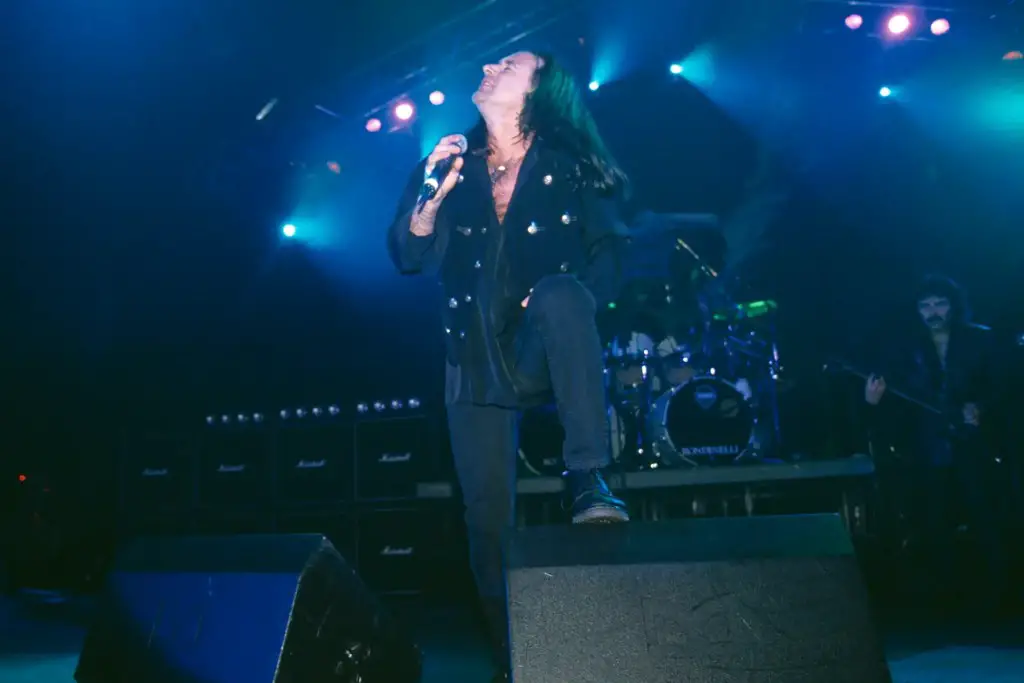

Andrew:
Take me through the recording of your first solo record, Back Where I Belong. Was it a significant departure writing for yourself as opposed to a band such as Black Sabbath?
Tony:
I didn’t actually want anything to do with Sabbath immediately, and thought, “I should go way off into something else.” That was me trying to be a sort of 80s and 90s commercial Rock, but it didn’t really fly, although, it had great players, and people. It was a great personal journey…but not great commercially.
Andrew:
You did end up returning to Sabbath around 1993, effectively putting your solo career on hold once again. How did the second act go down?
Tony:
I thought I had been accepted back on more equal terms, so in the beginning, it was cool, and I was up for it again. But the funny thing about music and bands is you can be switched on, and off in short periods of time. There are lots of highs and lows, but it all looked good at the time. It was great to work with Geezer Butler that time around too.
Andrew:
Your final two albums with Black Sabbath were Cross Purposes, and Forbidden, which are two more excellent records that don’t get enough love. Looking back, what are your thoughts on those records, and that particularly tumultuous time in the band’s existence?
Tony:
Cross Purposes is a very intelligent record, and Forbidden was….how do I say…crap! Well, it was crap for me anyway. I do know there are fans around the world that really do find something in it, and that is forever strange to me, but I have to love that they do. [Laughs]. I had started to get the feeling that I was not going to be in the band again, so I was very unsettled, and I couldn’t concentrate on it. So, for me, I don’t think I got the best out of it.
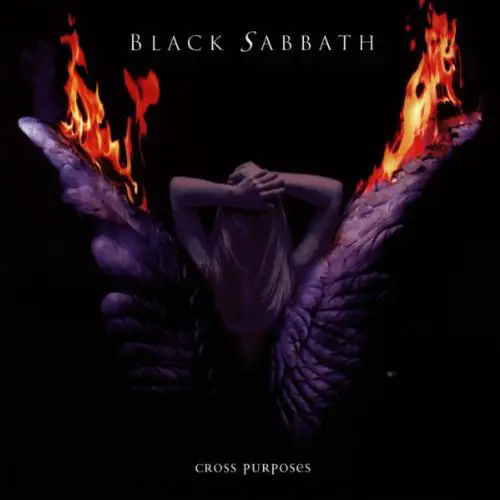
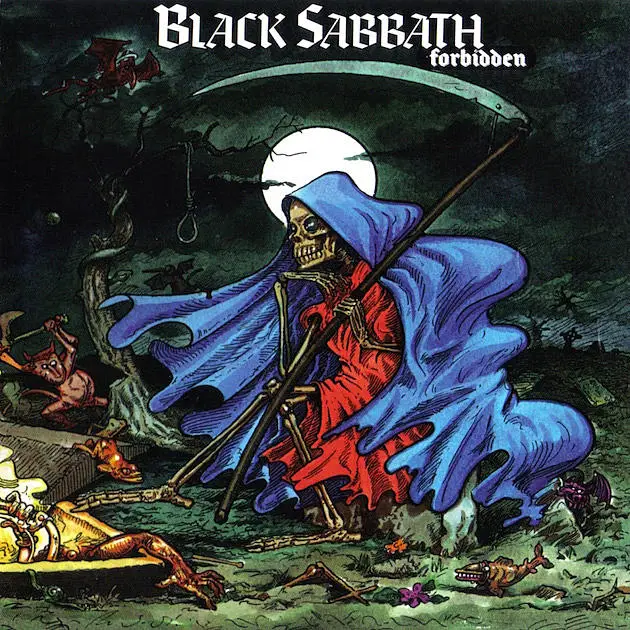
Andrew:
More on the era of Cross Purposes and Forbidden. Acts such as Alice In Chains, and Soundgarden, in particular, took what Sabbath had done, and spun it for the contemporary era. What are your thoughts on the Gunge era, and its effect on older acts such as Sabbath?
Tony:
Well, I like all that stuff. I’m very open to it, so it didn’t bother me. And let’s face it, there have always been new kids on the block. As I said, you just have to keep faith with what you do, and as tempting as it might be to copy, I don’t think, ultimately, it works unless you really go for it.
Andrew:
Were you surprised when they invited Ozzy back, effectively ending your second tenure?
Tony:
No, not surprised. I did ask them, actually, if they had plans to do that because I had heard it was a possibility, but they denied it and said it was, “Just rumors.” [Laughs]. And it proved to be the case. All good though. It was the best way for them to go, I think.
Andrew:
Looking back, you played an integral role in stabilizing an otherwise wayward band over a long period of time. Your four records with Sabbath are retrospectively looked at as fantastic records. From your perspective, how do you view your time fronting Sabbath, and your overall importance to the history of the band?
Tony:
Up until then, yes. I think we had brought some stability to the name and the mark, strangely, even with the number of lineup changes we had when I was in the band, my voice was the thing that anchored it. So, different bass players, and drummers didn’t make much in the way of bad directions. It was all very interesting, if not incestuous!!
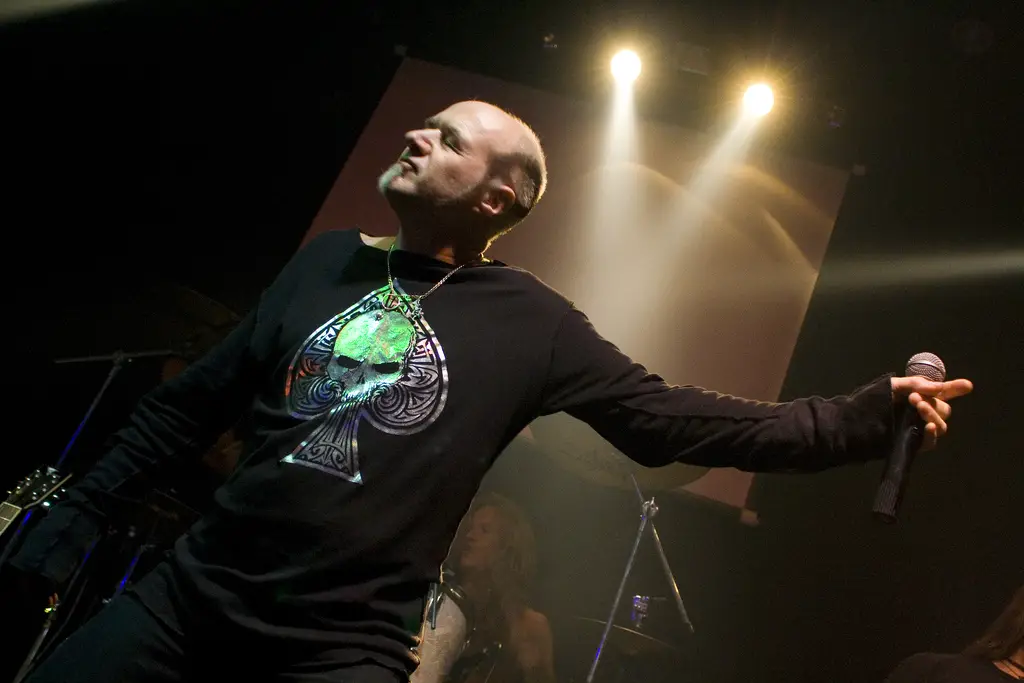
Andrew:
Since the end of your time in Sabbath, you’ve pursued a variety of projects, and have continued your solo career. Which projects stick out most for you? What are you most proud of?
Tony:
Isn’t it strange and expected that the artist always says, “This new one is the most important.” Well, this new one is the most important! I am really more proud of this than any other. The thing is, my career took me into the studio as a singer/songwriter, and I have been there for the past twenty-five years doing various guest appearances and projects. It’s not a bad thing, it’s just the way my career went. My voice appears on something like seventy-six albums, and projects now. I can pick out the odd moment here and there, but Thorns really does put me front and center in the big picture. It’s the right album, at the right time, the right material, and the right production, with the right people.
Andrew:
I wanted to dig into your duo of albums which you recorded with Dario Mollo, The Cage, and The Cage 2. How did you come to know and work with Dario? Dig into the writing, recording, and reception of those records.
Tony:
The Cage was great, not massively well-received commercially, but great from a technical standpoint, and was quite satisfying. It was mostly under the control of Dario Mollo, and he makes an appearance on Thorns, so we did keep in touch along the way. I met him when I was working on the Giuntini project. Dario was the studio technician, and owner of the studio we were working in.
Andrew:
I spoke on the legacy of your Sabbath recordings, and it’s been reported that we will see some long-awaited reissues soon. Is there any truth to that?
Tony:
Yes. I got a call just a few days ago from Tony Iommi’s manager, so yes, it’s happening. Although it will be a box set, I believe. I await as you do to find out what it will contain material-wise.
Andrew:
Last one. What’s next for you, Tony. Are you hitting the road in support of Thorns? Will we see you working with the boys from Sabbath again in the future in any capacity?
Tony:
Touring is almost impossible to plan at the moment. I don’t think it will be this year, and we are already starting to write the next album, so hey, maybe we have two albums to tour next year or something like that. As for Sabbath, I really can’t say at the moment, but it is something I would love to do if I can.
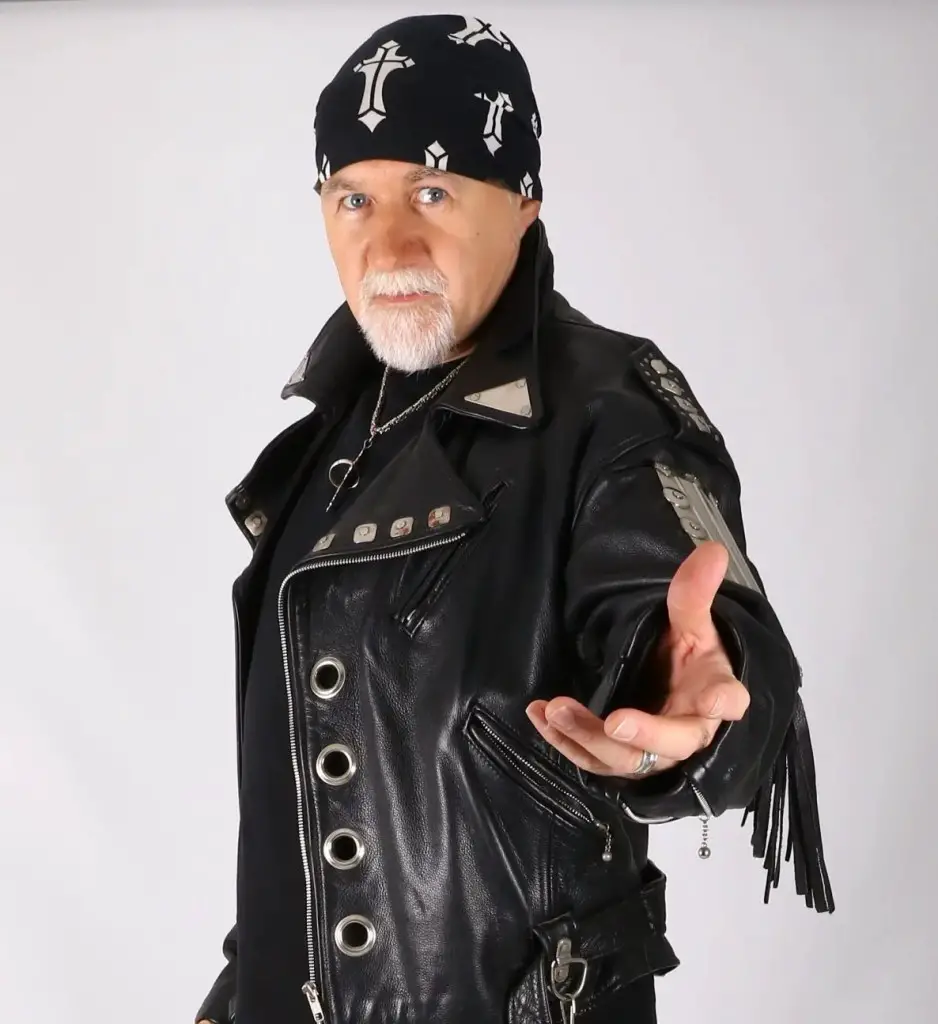
Interested in learning more about the work of Tony Martin & Black Sabbath: Check out the links below:
Dig this interview? Check out the full catalog of VWMusic Interviews, by Andrew Daly, here: www.vinylwritermusic.com/interviews
